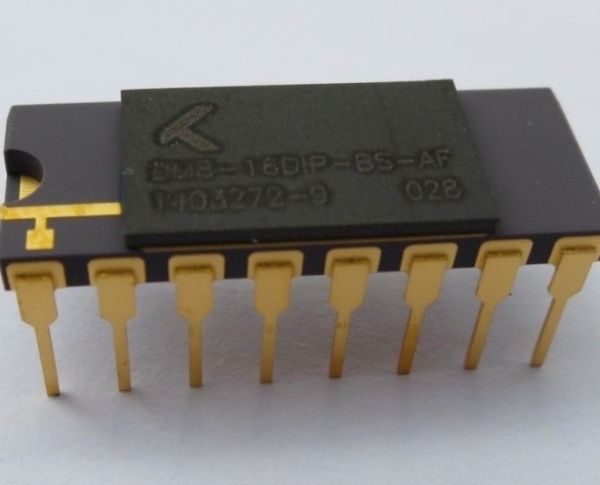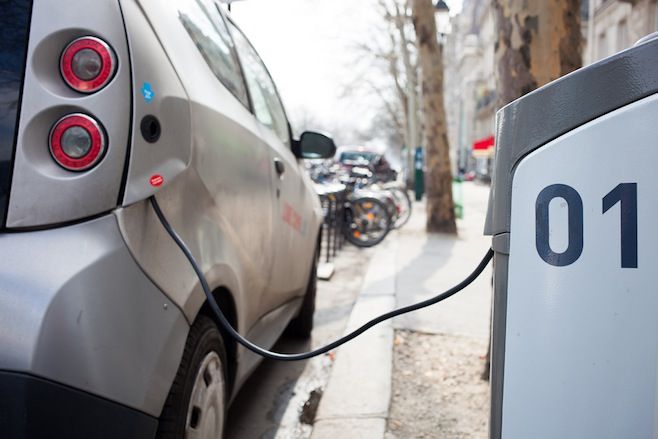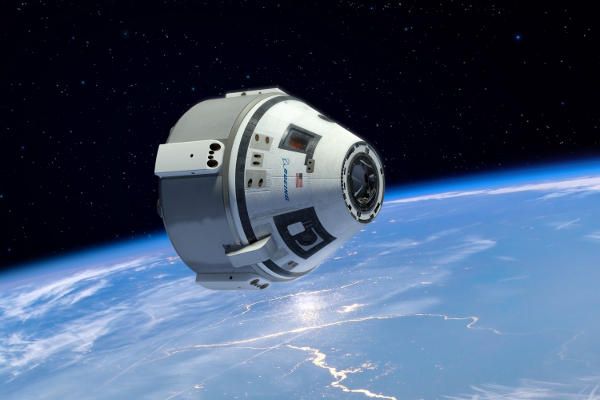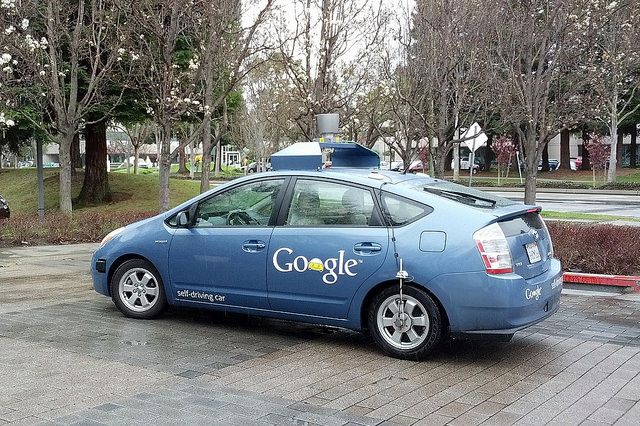
A small, Santa Fe, New Mexico-based company called Knowm claims it will soon begin commercializing a state-of-the-art technique for building computing chips that learn. Other companies, including HP HPQ and IBM IBM, have already invested in developing these so-called brain-based chips, but Knowm says it has just achieved a major technological breakthrough that it should be able to push into production hopefully within a few years.
The basis for Knowm’s work is a piece of hardware called a memristor, which functions (warning: oversimplification coming) by mimicking synapses in the brain. Rather than committing certain information to a software program and traditional computing memory, memristors are able to “learn” by strengthening the electrical charge between two resistors (the “ristor” part of memristor) much like synapses strengthen connections between commonly used neurons in the brain.
Done correctly—and this is the result that HP and IBM are after—memristors can make computer chips much smarter, but also very energy efficient. That could mean data centers that don’t use as much energy as small towns, as well as more viable robotics, driverless cars, and other autonomous devices. Alex Nugent, Knowm’s founder and CEO, says memristors—especially the ones his company is working on—offer “a massive leap in efficiency” over traditional CPUs, GPUs, and other hardware now used to power artificial intelligence workloads.
Read more





 Pratt has spent the past five years with DARPA, and laid out what’s important for Toyota at an event in Palo Alto today: “Our long-term goal is to make a car that is never responsible for a crash.”
Pratt has spent the past five years with DARPA, and laid out what’s important for Toyota at an event in Palo Alto today: “Our long-term goal is to make a car that is never responsible for a crash.”









